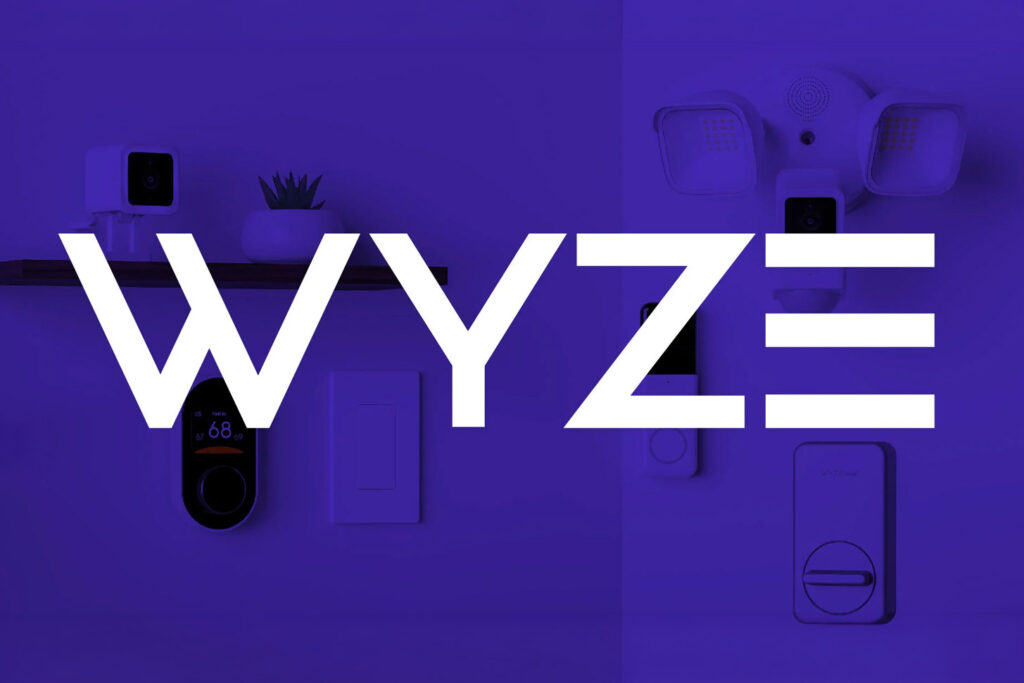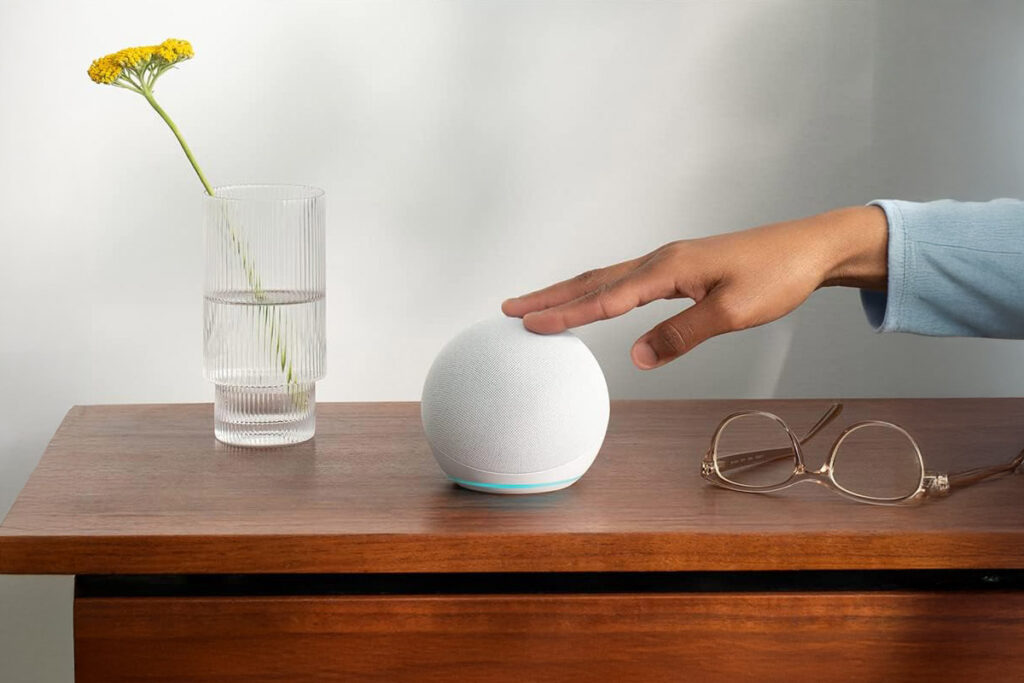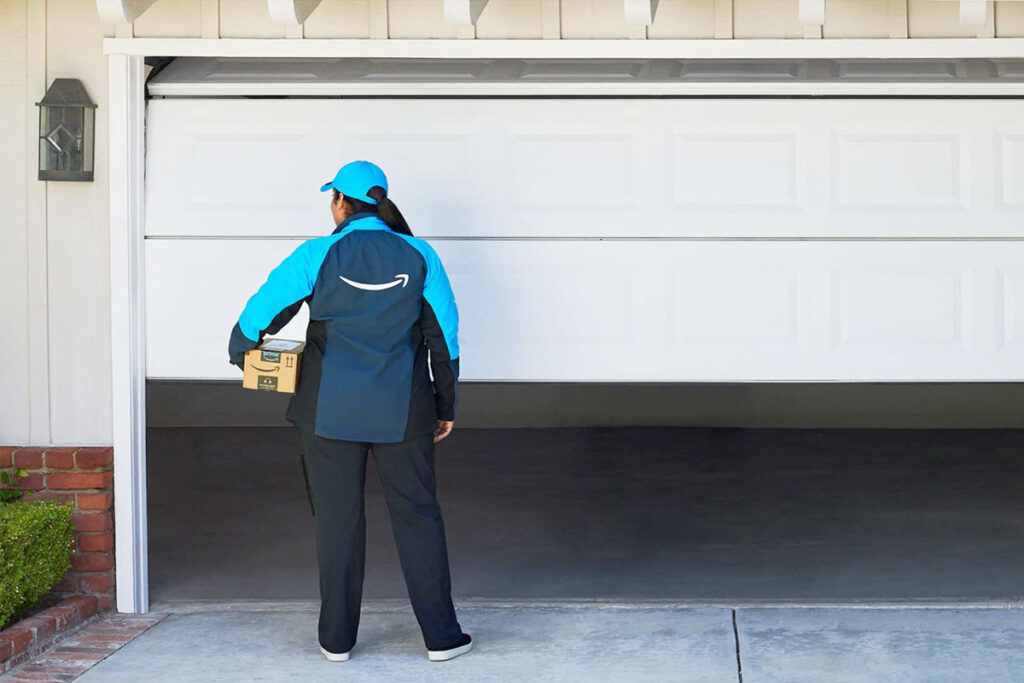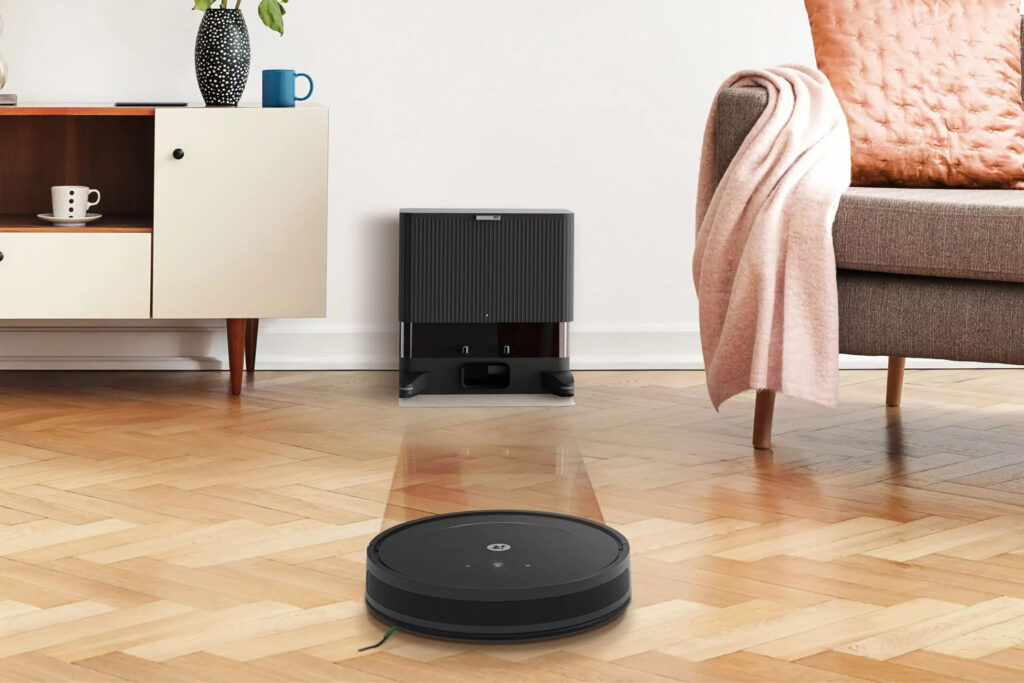ecobee, the Canadian smart device manufacturer best known for their line of smart thermostats, unveiled a HVAC air filter subscription service in April 2020. You get regular shipments to ensure you change them, along with reminders on your smart thermostat. But are they worth it?
ecobee's HVAC air filters are good quality and it's very convenient to have automatic shipments and reminders (so you don't forget to change them), however the price does usually come at a premium compared to some competitor filters on Amazon
ecobee's ‘Air Filter' announcement

ecobee is best known for their range of smart thermostats, although their smart thermostat range does support a range of HVAC systems. As a result, it was a surprise – but not a massive one – for ecobee to enter the air filter subscription market in April 2020.
Their announcement was preceded by a range of teaser emails about a big surprise that was coming soon, and ecobee's sales page promises the following:
- Home delivery – the packages ship straight to your door, in a package using recycled material. Two filters are in each package, to reduce the carbon emissions from having lots of single deliveries. FedEx SmartPost is used in America, whilst APC Postal Logistics or Canada Post is used in Canada.
- Cleaner air – their air filters (like other air filters, to be fair) deliver filtered air to keep your internal air clean and which ultimately helps to keep your family healthy. Their ‘Premium' MERV 13 filter can decrease virus-carrying particles by up to 87%.
- Expert recommendations – their staff are on-hand to help you order the right size and thickness filter for your climate and HVAC system. ecobee stock “virtually all” standard and custom filter sizes.
- Save 5-15% on energy – ecobee quote the US' EPA and say that regularly changing your air filters can lower energy costs by as much as 15%, in addition to prevent costing repairs from a damaged HVAC system due to poor maintenance.
You can purchase ecobee's air filters with or without owning any other ecobee product, but the filters complement the ecobee thermostat because it'll notify you when your filters need changing. This is something that's really easy to forget, so having these notifications is handy. Once changed, you can then say “Ecobee, reset filter change date” to your Ecobee and it'll reset its internal timer.
What are air filters used for?
Air filters are used anywhere that dirty air from the outside needs to be cleansed before being breathed in, usually in a confined or internal space.
In other words, a modern car will have a cabin filter that takes outside air (which may have bugs or leaves in it) and filters it, delivering better quality air into the internal cabin for you and your passengers to breath.
A house fitted with a HVAC system will also have the same: a removable air filter which will remove pollutants from the incoming (outside) air, delivering clean air to the home.
A fairly detailed research paper by NAFA talks about all the different ways that bacteria, viruses and other airborne impurities can be spread, and how air filters have a substantially positive impact in blocking or reducing these risks.
The air filter in a house should be changed regularly, both to improve the air quality being delivered but also to safeguard your HVAC system (a blocked air filter will make your system work harder, potentially damaging it).
Common advice is to change the filter every 3 months, although this can be more frequent (every 1-2 months) if you have pets or someone at home with allergies. Equally if it's a vacation home or the house only has a single person living there, a filter change every 6+ months is usually fine.
Are ecobee's air filters good quality?
ecobee's air filters are still fairly new to the market so there hasn't been substantial testing of them carried out, but all signs point to their filters being good quality. Firstly they don't bother selling low-MERV filters which look good at first (well, when you check out their price!) but don't actually block out many air impurities. ecobee's filters start at MERV8 and go up to MERV13:
| Filter Type | MERV | MPR | FPR | Price (from) |
| Basic | 8 | 600 | 5 | $13 USD/$18 CAD |
| Deluxe | 11 | 1000-1200 | 7 | $17 USD/$23 CAD |
| Premium | 13 | 1500-1900 | 10 | $21 USD/$28 CAD |
Secondly, a filter's static pressure drop ratings are important because a too-high rating will mean that the air handler has to work harder (to compensate for the lower air pressure), driving up energy bills. ecobee's static air pressure drops are:
| Filter Type | Pressure Drop | Price (from) |
| Basic | 0.122 inH2O | $13 USD/$18 CAD |
| Deluxe | 0.181 inH2O | $17 USD/$23 CAD |
| Premium | 0.264 inH2O | $21 USD/$28 CAD |
As a quick comparison, Nordic Pure's MERV12 air filters typically have a 0.24 inH20 reading – so whist ecobee doesn't have a direct comparison (as they offer MERV11 and then MERV13), ecobee's filters probably have a slightly lower air pressure drop than Nordic Pure filters. Read on for a more detailed comparison however.
Are ecobee's air filters worth it (compared to the competition)?
The all important question: are ecobee's air filter worth it? Well, initial reactions to the air filters were “they're too expensive”.
People pointed to the Nordic Pure MERV 12 filters which are $41.69 for a 6-pack (i.e. just $7 each), or the FilterBuy MERV 8 filters selling for $29.08 for a 4-pack (i.e. also around $7 each), compared to ecobee's MERV 8 filters which are $13 each or their more expensive MERV 11-13 filters for $17-19 each – a big price increase over the Nordic pack.
As I mentioned above, however, the price isn't the only thing to focus on. You firstly need to make sure that you're buying a quality make (granted, Nordic Pure are known to be good), and also that the air pressure drop is sufficiently low.
After all, if you go with a poor quality filter that has a high air pressure drop, your HVAC system will be working harder and ultimately lead to higher energy bills.
In my mind, ecobee's air filters bring the following benefits:
- Their expertise – if you don't know what type of filter you need, you can speak to ecobee and they'll help you out. This is useful if you've recently moved into a new home – there's loads to do, so the last thing you want to do is spend ages shopping around the perfect filter type and thickness.
Sure, if you already know what filter you need then “ecobee's experience” won't matter, but it will be beneficial to some people. - Convenience – the ecobee filters are automatically shipped when they need changing, and at 2 at a time so you don't get too-regular deliveries. You also won't forget about changing them because you'll receive reminder notifications, such as via your ecobee thermostat.
This is more convenient than having a bunch of calendar reminders to try and get you to remember when to buy (and change) the filters, although Amazon's “subscribe and save” is almost as convenient. - Correct thickness filter – a higher MARV rating isn't always the best thing to do for. If the filter is too thick, your HVAC system has to work harder to compensate for the higher-than-expected air pressure drop. This can potentially damage your HVAC system, but will definitely increase your energy costs.
Being able to speak to ecobee (if you're not sure) and getting the right filters for your system is better than going to Amazon and just ‘buying the best MARV' filter.
With all that said, in 90% of cases, you will be able to find a comparable filter on Amazon for a much cheaper price than with ecobee. I've heard of some people whose non-standard filter was cheaper through ecobee, but this is the exception not the rule.
If none of the 3 benefits I listed above apply to you, you may as well source a cheaper filter through Amazon or HomeDepot than purchasing off ecobee.





